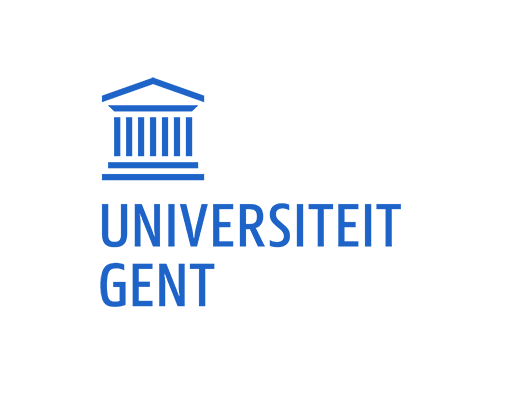Research Project
Generating or restricting change for sustainability transitions: A didactic study of the effects of emotions in sustainability-related learning processes - SUSTEMO
Running from 2024 to 2027.
Funded by FWO - Fonds voor Wetenschappelijk Onderzoek.
With increasing social-ecological crises, the connection between people’s felt experience of these crises and their willingness to engage in change practices becomes more visible. Some people report anxiety hindering them from wanting to learn more about climate change, other peoples’ anger about injustices makes them fight for a more just world. As we approach the changes that need to be made toward a more sustainable world, our emotions are always implicated in the process. They can sometimes enable and motivate us, and sometimes stand in the way of us embracing change. As we search collectively in neighbourhood groups, in movements, in lecture halls, for ways to go forward, we change our views and attitudes, our ways of behaving. These learning processes are vital to bringing about more societal change. It is thus the goal of the SUSTEMO project to gain insight into the role of emotions in such learning processes in the context of sustainability transitions. We approach this aim from a didactic perspective, that is, we examine how these emotions are handled by educators and facilitators and how their didactical work influences how and which emotions are uttered in collective settings. This allows us to understand which conditions need to be present for emotions to become generative toward societal change processes.
Key Questions in the SUSTEMO Project:
- How do emotions become manifest in sustainability transition (ST)-related learning processes and how are they didactically handled by educators?
- How does emotion-related didactical work result in generative and restrictive effects in terms of enabling or impeding STs?
- How can generative effects of emotions in sustainability-related learning processes be facilitated through the design of the setting of activities and through interventions of educators?
To answer these questions, we have selected three different case studies, in which we will study the different settings that allow for learning processes and connected emotions to emerge. In each of the case studies, we will conduct in-situ observations of participants’ contributions to the discussions. This allows us to understand which ideas and emotions are taken up in the discussions, which are dismissed, and which conditions led to that.
- Case study 1 focuses on formal learning practices within a higher education institution. Here, students interact with lecturers about a topic related to sustainability. We will study their learning processes and the emotions that arise in connection with them, as well as the lecturer’s didactical work.
- Case study 2 focuses on non-formal learning practices observed in the establishment of a civil society organization aimed at bringing about a sustainability transition. Different societal actors will interact with each other and discuss policies, aims, and processes related to their group's move toward more sustainable habits. Emotions will be observed in relation to these changes in habits.
- Case study 3 focuses on hybrid learning practices. Situated in a higher education institution, this case study involves interactions between students, societal actors, policy makers, activists, etc. The goal is to generate new ways of living toward greater sustainability. We will observe the emotions of all actors surrounding the discussions, workshops, seminars, etc., that they will have.
The theoretical basis of the SUSTEMO project is transactional pragmatism and specifically John Dewey’s transactionalism. It allows us to investigate how learning takes shape in response to sustainability transitions and how emotions build the background of all of these learning processes. Emotions, in this view, drive forward learning and the investigations that people make in groups to arrive at new ideas and establish new ways of being; they show us what is important to us and what is worthwhile pursuing. We use these theoretical insights to build an analytical and conceptual framework with which we will approach the data we collect in our three case studies.
Ultimately, the knowledge created in this project will allow us to understand in more depth how exactly emotions can enable change processes and how they can be handled by people looking to bring about changes toward a more sustainable future.


